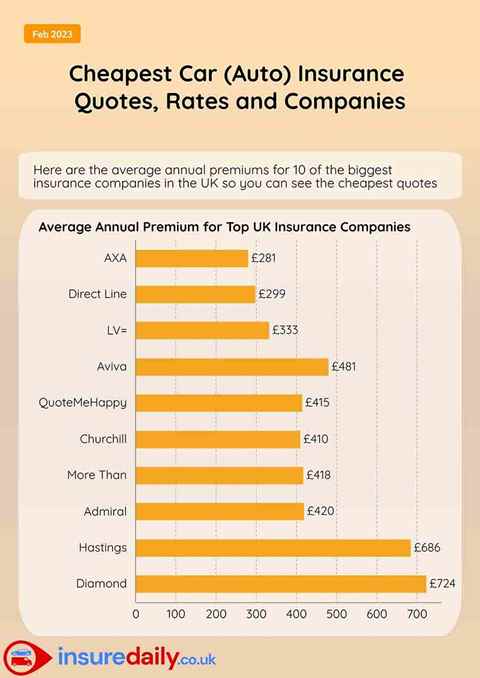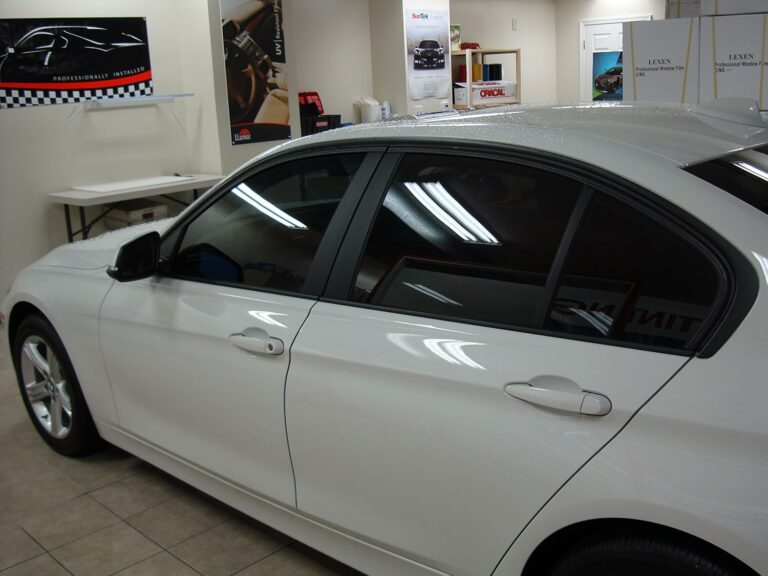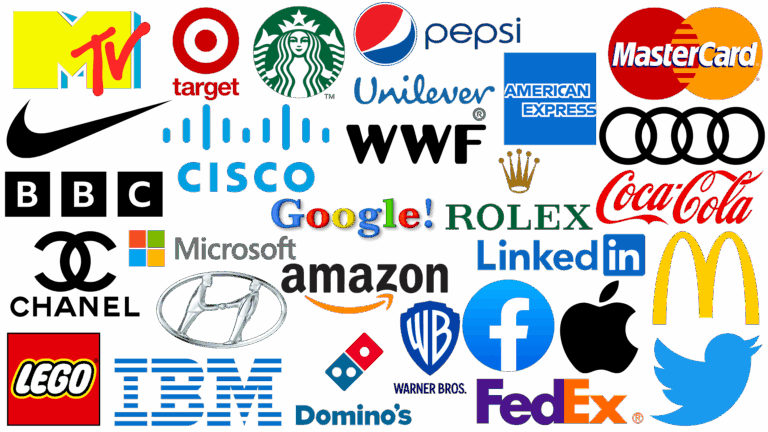Name Brand Car Dealerships: Your Gateway to the Automotive World
Name Brand Car Dealerships: Your Gateway to the Automotive World cars.truckstrend.com
The journey to acquiring a new or certified pre-owned vehicle often begins and ends at a name brand car dealership. More than just showrooms, these establishments are the authorized representatives of specific automotive manufacturers, serving as crucial touchpoints for sales, service, and brand experience. From the gleaming new models on display to the specialized technicians ensuring your vehicle’s longevity, name brand dealerships play an indispensable role in the automotive ecosystem, connecting consumers directly with the innovation, quality, and support promised by a particular car manufacturer. Understanding their structure, benefits, and how to navigate them is key to making informed decisions in your automotive pursuits.
The Ecosystem of Name Brand Dealerships: A Franchise Model Defined
Name Brand Car Dealerships: Your Gateway to the Automotive World
At its core, a name brand car dealership operates under a franchise agreement with a specific automobile manufacturer. This means that while the dealership itself is an independently owned and operated business, it adheres to strict guidelines, standards, and training protocols set by the manufacturer whose vehicles it sells. Think of a Toyota dealership, a BMW dealership, or a Ford dealership – each is dedicated solely to that particular brand (though some larger groups may own multiple brand dealerships under one umbrella).
This franchise model creates a symbiotic relationship:
- For the Manufacturer: It provides a widespread distribution network, ensures brand consistency, facilitates customer service, and allows for specialized training for sales and service personnel.
- For the Dealership: It grants exclusive rights to sell new vehicles of that brand within a defined territory, access to manufacturer marketing support, financing programs, and a steady supply of genuine parts.
- For the Consumer: It guarantees a standardized experience, access to manufacturer-backed warranties, specialized service expertise, and the latest models directly from the factory.
These dealerships are not just about selling new cars. They are comprehensive automotive centers offering a full spectrum of services, including:
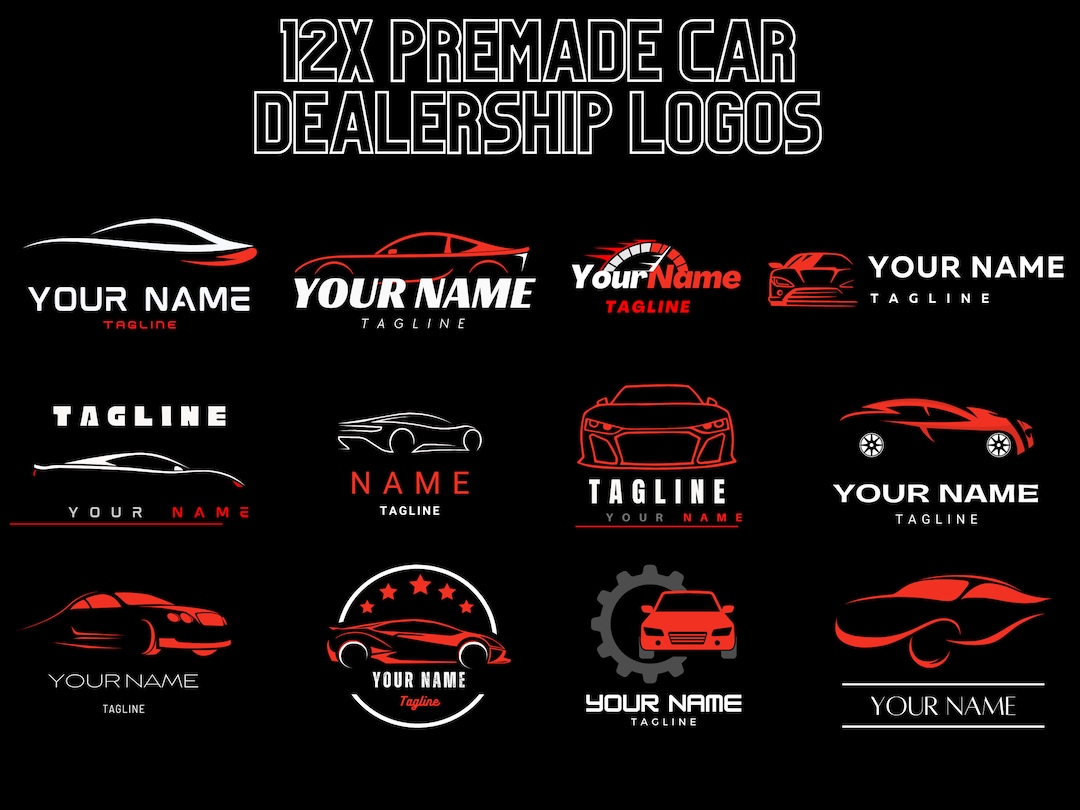
- New Vehicle Sales: The primary focus, showcasing the latest models, trims, and technologies.
- Certified Pre-Owned (CPO) Sales: High-quality, inspected used vehicles from the same brand, often with extended manufacturer warranties.
- Used Vehicle Sales: A broader selection of trade-ins from various brands.
- Parts Department: Stocking genuine OEM (Original Equipment Manufacturer) parts.
- Service Department: Staffed by factory-trained technicians, equipped with specialized tools for maintenance, repairs, and warranty work.
- Finance & Insurance (F&I) Department: Assisting customers with loans, leases, and extended service contracts.
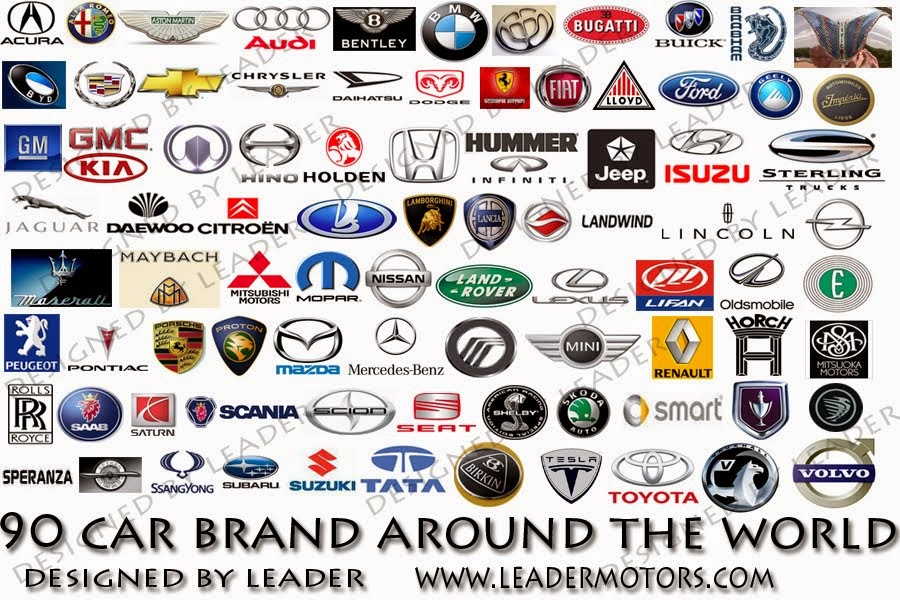
Key Benefits of Engaging with a Name Brand Dealership
Opting to purchase or service your vehicle at a name brand dealership offers several distinct advantages that often outweigh the perceived higher costs associated with them.
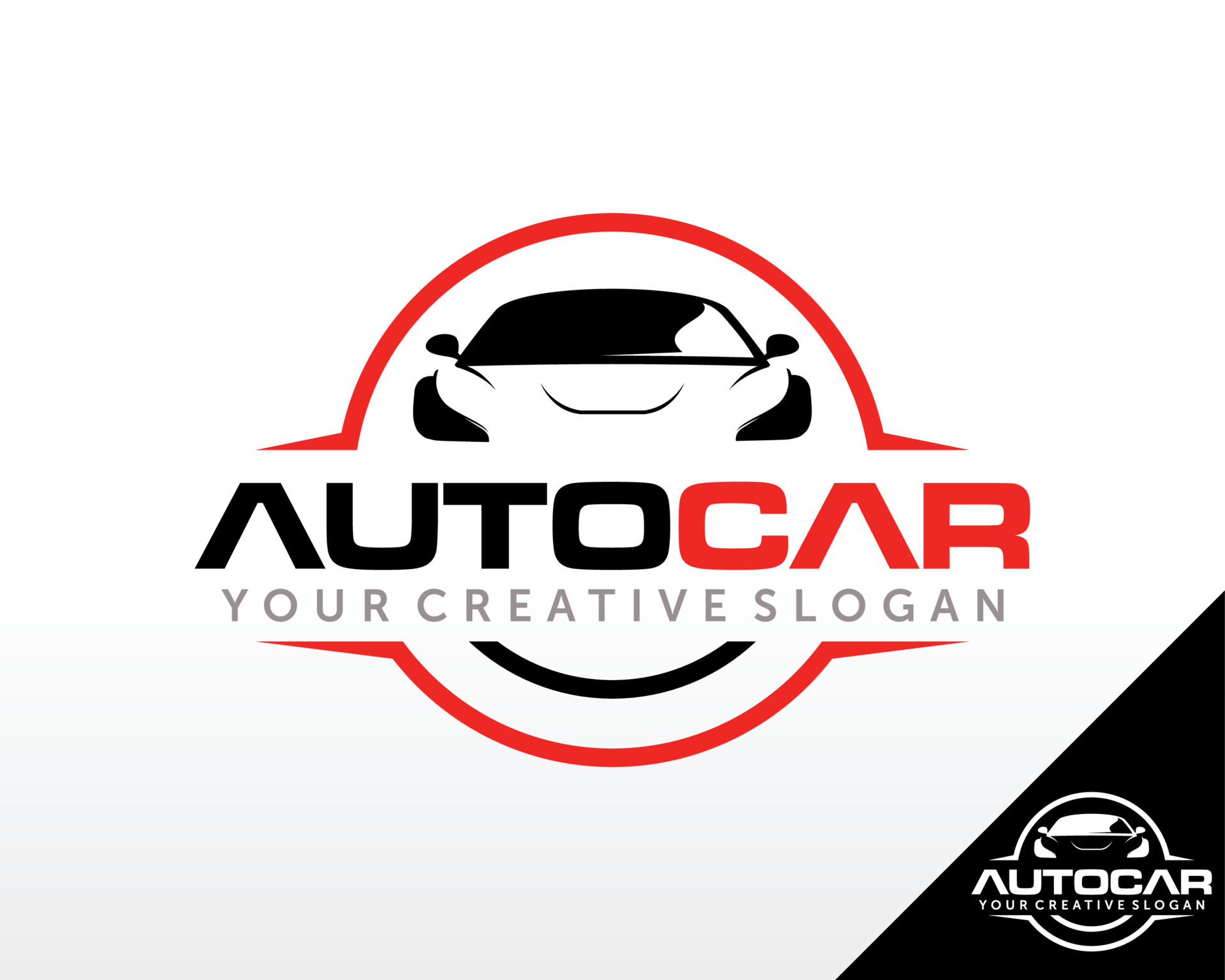
- Access to New Vehicles and Manufacturer Incentives: This is the most obvious benefit. Only authorized dealerships can sell brand-new vehicles directly from the factory. This also means access to all manufacturer-backed incentives, rebates, special financing rates, and lease programs that independent dealers cannot offer.
- Certified Pre-Owned (CPO) Programs: For those seeking value, CPO programs are a major draw. These vehicles undergo rigorous multi-point inspections by factory-trained technicians, come with a manufacturer-backed warranty that extends beyond the original, and often include perks like roadside assistance. This offers a level of assurance rarely found with a standard used car purchase.
- Specialized Service Expertise and Genuine Parts: Dealership service departments are staffed by technicians who receive continuous training directly from the manufacturer. They are experts on your specific vehicle make and model, using specialized diagnostic tools and equipment unique to that brand. Furthermore, they use genuine OEM parts, ensuring perfect fit, performance, and maintaining your vehicle’s original specifications and warranty.
- Seamless Warranty Support and Recalls: If your vehicle is under warranty, any issues can be addressed directly at the dealership, often without cost, under the terms of your manufacturer’s warranty. Dealerships also handle all recall repairs efficiently, as they are directly informed and supplied by the manufacturer.
- Manufacturer-Backed Financing Options: Dealerships can offer competitive financing and leasing rates through the manufacturer’s captive finance arm (e.g., Toyota Financial Services, Ford Credit). These rates can often be lower than those offered by traditional banks or credit unions, especially during promotional periods.
- Brand Experience and Long-Term Relationship: Dealerships aim to provide a consistent brand experience, from the showroom layout to customer service standards. Building a relationship with a specific dealership can lead to personalized service, preferential treatment, and a trusted resource for all your automotive needs over the vehicle’s lifespan.
Navigating the Dealership Experience: A Buyer’s Guide
Successfully purchasing a vehicle from a name brand dealership requires preparation and an understanding of the process.
- Pre-Purchase Research is Paramount: Before stepping foot in a dealership, determine your budget, research models that fit your needs, read reviews, and compare features. Utilize online tools to get an idea of the Manufacturer’s Suggested Retail Price (MSRP) and average transaction prices in your area. Consider getting pre-approved for a loan from your bank or credit union to have a strong negotiating position.
- Test Drive Extensively: Don’t settle for a quick spin around the block. Drive the car on various road types (city, highway), simulate your daily commute, and pay attention to comfort, handling, visibility, and features. Test drive multiple models if you’re undecided.
- Understand Pricing and Negotiation: The MSRP is a starting point, not a fixed price. Research the invoice price (what the dealer paid) to gauge their margin. Be prepared to negotiate the vehicle price first, separate from your trade-in or financing. Leverage any manufacturer incentives or rebates. Don’t be afraid to walk away if you don’t feel comfortable with the offer.
- Scrutinize Financing and Lease Options: The F&I department will present financing and lease options. Understand the APR (Annual Percentage Rate), loan term, total interest paid, or lease terms (mileage limits, residual value, money factor). Compare their offers with your pre-approved loan or independent lease quotes.
- Beware of Unnecessary Add-ons: The F&I department may offer extended warranties, paint protection, fabric guards, VIN etching, or gap insurance. While some may be valuable (like gap insurance for a highly depreciating vehicle or an extended warranty for a known problematic model), many are high-profit items for the dealership. Carefully evaluate if you truly need them.
Challenges and Considerations
While name brand dealerships offer significant advantages, they also present certain challenges:
- Pricing Perception: New vehicles from dealerships generally command higher prices than used vehicles from independent lots. Even CPO vehicles are priced higher than non-certified counterparts due to the added inspection and warranty.
- Sales Pressure: Salespeople work on commission and may employ high-pressure tactics to close a deal quickly or upsell features. Being informed and assertive is crucial.
- Add-on Upselling: The F&I office can be a gauntlet of additional product offerings that significantly inflate the final cost. Distinguishing between valuable protection and unnecessary extras requires diligence.
- Service Costs: While quality is high, labor rates and genuine OEM parts can be more expensive than independent repair shops. However, the specialized knowledge and warranty compliance often justify the cost for complex repairs.
Beyond Sales: The Service Department and Aftercare
The relationship with a name brand dealership extends far beyond the point of sale. The service department is a critical component of the ownership experience. Regular maintenance at an authorized dealership ensures your vehicle adheres to manufacturer service schedules, uses the correct fluids and parts, and maintains its warranty validity. For complex issues, diagnostic tools and training specific to your vehicle’s make are invaluable. This long-term relationship ensures your vehicle receives the best possible care, preserving its performance, safety, and resale value.
Practical Advice and Actionable Insights
- Do Your Homework: Research vehicles, pricing, and your financing options extensively before visiting. Knowledge is power.
- Get Pre-Approved: Secure a loan pre-approval from your bank or credit union. This gives you a benchmark and leverage.
- Separate Negotiations: Negotiate the vehicle price first, then discuss your trade-in, and finally, financing/add-ons. Don’t let them bundle everything.
- Be Patient and Persistent: Don’t rush into a decision. If you feel pressured, take a break or walk away. There’s always another deal.
- Read Everything Carefully: Before signing any document, read it thoroughly. Understand all terms, conditions, and fees.
- Leverage Online Tools: Use dealer websites, manufacturer sites, and third-party aggregators (like Edmunds, Kelley Blue Book, TrueCar) to compare inventory, prices, and even get online quotes.
Value Proposition and Key Considerations of Name Brand Dealerships
| Feature/Aspect | Description | Value Proposition / Consideration |
|---|---|---|
| New Vehicle Access | Latest models, trims, technologies directly from the manufacturer. | Guaranteed factory new, full manufacturer warranty, access to specific incentives (rebates, low APRs, lease deals). |
| Certified Pre-Owned | Manufacturer-inspected and backed used vehicles with extended warranties and roadside assistance. | Higher reliability than typical used cars, extended coverage, often premium pricing justified by peace of mind and quality assurance. |
| Service & Parts | Factory-trained technicians, genuine OEM parts, specialized diagnostic tools. | Unmatched expertise for your specific vehicle, quality assurance, proper fitment, maintaining warranty validity, accurate recall implementation. |
| Warranty Support | Direct handling of manufacturer warranties, recalls, and service bulletins. | Seamless claims process, authorized repairs performed to manufacturer standards, greater peace of mind for the duration of ownership. |
| Financing Options | Access to manufacturer-subsidized interest rates, special lease programs, and diverse loan products. | Potentially lower APRs and more flexible terms than external lenders, convenient one-stop shopping. |
| Trade-in Process | Streamlined appraisal and application of trade-in value towards a new purchase. | Convenience, potential tax savings (in some states), but often less than what you might get from a private sale. |
| Customer Experience | Standardized processes, brand-specific amenities, dedicated sales and service personnel for the brand. | Consistency, potential for brand loyalty programs, specialized knowledge of the specific vehicle line, often higher standards of customer service. |
| Pricing | MSRP-based for new cars, subject to incentives, negotiation, and dealer markups. | Perceived higher initial cost for new vehicles, but the comprehensive package of warranty, service, and brand support justifies the price for many consumers. |
| Sales Environment | Can involve negotiation, upselling of add-ons, and sometimes high-pressure tactics. | Requires preparation, assertiveness, and a clear understanding of your budget and needs to avoid unnecessary expenses. |
Frequently Asked Questions (FAQ)
Q1: Are name brand dealerships always more expensive than independent used car lots?
A1: For new vehicles, yes, they are the only source. For used vehicles, particularly CPO, they tend to be more expensive than independent lots due to the rigorous inspection, reconditioning, and manufacturer-backed warranty they offer. However, this often translates to greater reliability and peace of mind.
Q2: Can I negotiate prices at a name brand dealership?
A2: Absolutely. The MSRP (Manufacturer’s Suggested Retail Price) is just a suggestion. Dealerships have flexibility, especially with incentives, rebates, and their own profit margins. Always negotiate the price of the vehicle itself.
Q3: What is a CPO vehicle, and is it worth the extra cost?
A3: CPO stands for Certified Pre-Owned. These are used vehicles that have undergone a multi-point inspection by the manufacturer’s technicians and come with an extended manufacturer warranty. They are typically more expensive than non-certified used cars but offer significantly more assurance and often perks like roadside assistance, making them worth it for many buyers.
Q4: Why should I service my car at the dealership instead of an independent shop?
A4: Dealership service departments employ factory-trained technicians with specialized knowledge and tools for your specific vehicle make. They use genuine OEM parts, which ensures proper fit and performance, and they can seamlessly handle warranty repairs and recalls. While sometimes more expensive, the expertise and quality assurance are unmatched.
Q5: Do I have to finance through the dealership?
A5: No. While dealerships offer financing, often through the manufacturer’s captive finance arm, you are free to arrange your own financing through a bank or credit union. It’s often advisable to get pre-approved elsewhere to compare offers and ensure you get the best rate.
Q6: How do trade-ins work at a name brand dealership?
A6: Dealerships will appraise your current vehicle and offer you a trade-in value. This value can then be applied towards the purchase of your new vehicle, reducing the amount you need to finance. While convenient, the trade-in value offered might be less than what you could get selling it privately, but it saves you the hassle of private sale.
Conclusion
Name brand car dealerships are the cornerstone of the automotive retail experience, offering a comprehensive suite of services that extend far beyond simply selling cars. They provide direct access to the latest models, manufacturer-backed warranties, specialized service expertise, and tailored financing options that are unparalleled by independent alternatives. While the purchasing process requires diligence and informed decision-making to navigate potential sales pressures and add-ons, the benefits of engaging with a name brand dealership – particularly for new or certified pre-owned vehicles – often translate into a more reliable, supported, and ultimately satisfying ownership experience. By understanding their ecosystem and preparing yourself for the journey, you can leverage the full value proposition that name brand dealerships offer, ensuring a confident and well-informed step into your automotive future.
![]()
